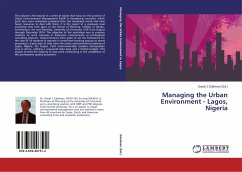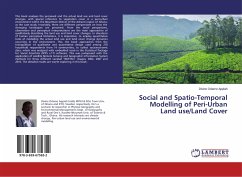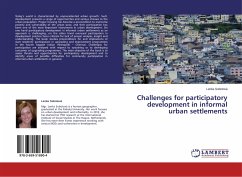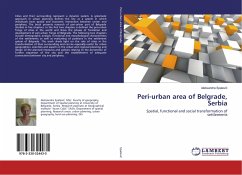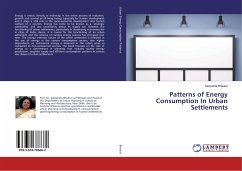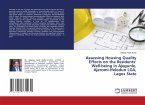The Lagos Megacity peri-urban settlements have been noted to suffer a number of externalities imposed upon them as a result of their proximity to the rapidly expanding Lagos Megacity. The study focuses on the environmental management problems of peri-urban settlements on the Lagos-Ibadan Expressway with emphasis on the factors that necessitated their growth, towards establishing their level of interaction with metropolitan Lagos. The examination of the interaction also exposes the environmental quality and problems of the study area as occasioned by the metropolitan Lagos. Overall, there are 82 settlements with 6840 buildings along the axis found with three (3) distinct areas of Isheri, Ibafo and Sagamu-interchange which serves as the scope of study. The research methodology involved the administration of 350 pre-tested questionnaires by systematic random sampling method to sample the views of respondents on the various indices that associate the peri-urban settlements with the metropolitan Lagos as well as identifying the problems arising from the interaction.
Bitte wählen Sie Ihr Anliegen aus.
Rechnungen
Retourenschein anfordern
Bestellstatus
Storno


